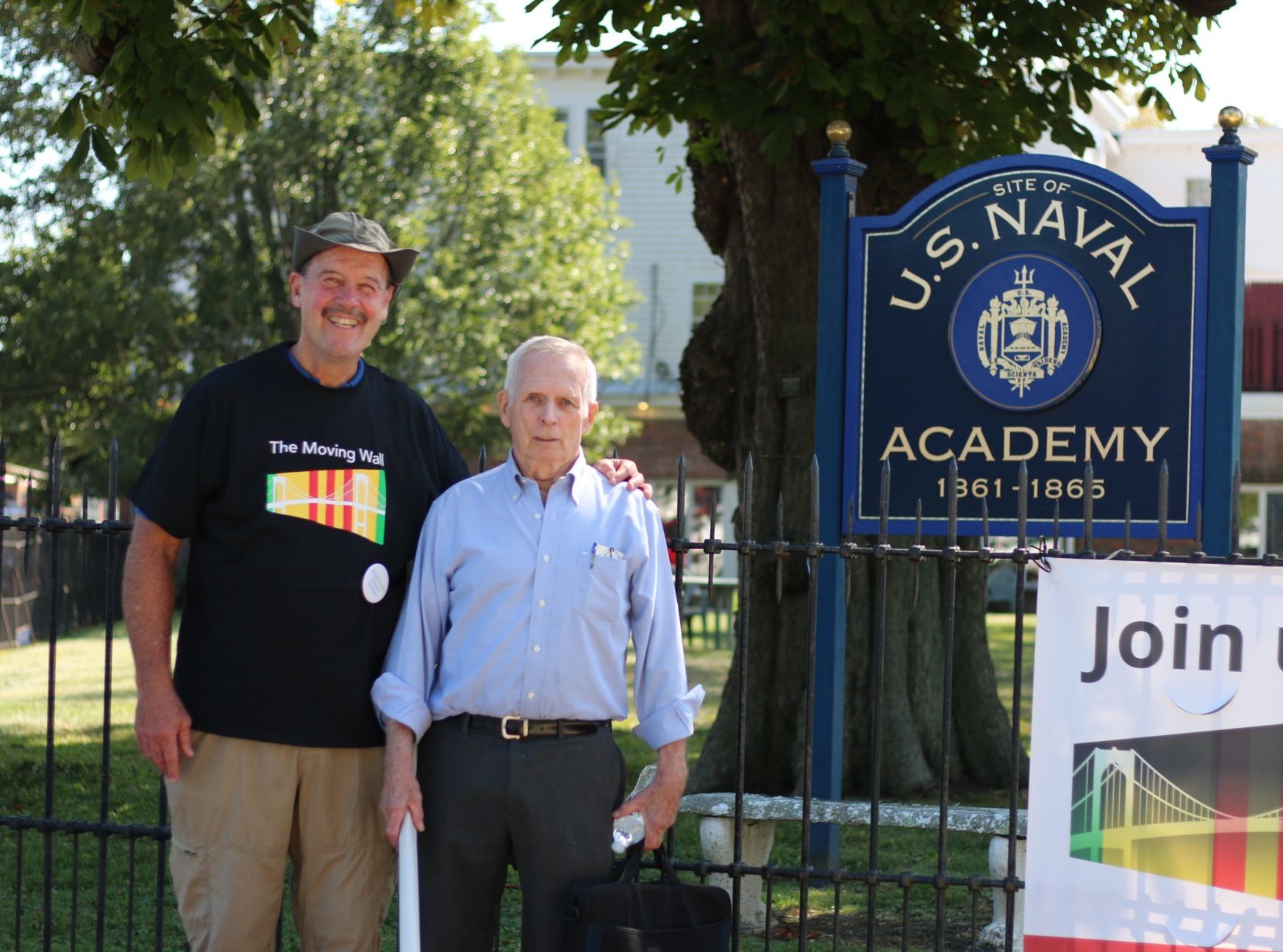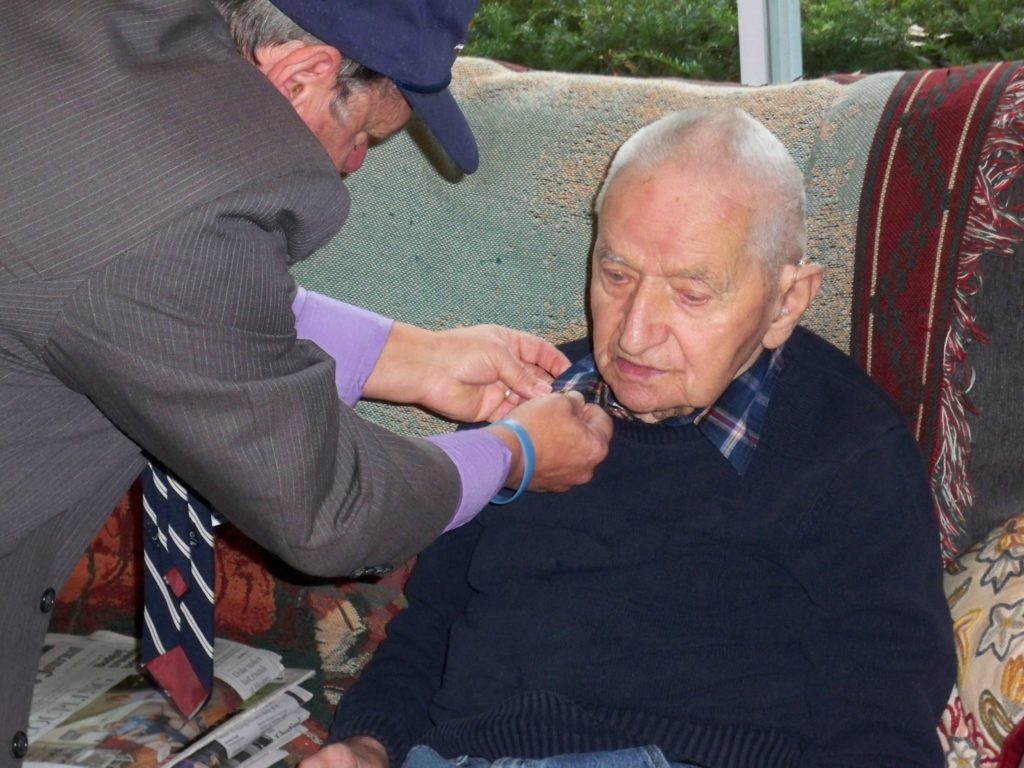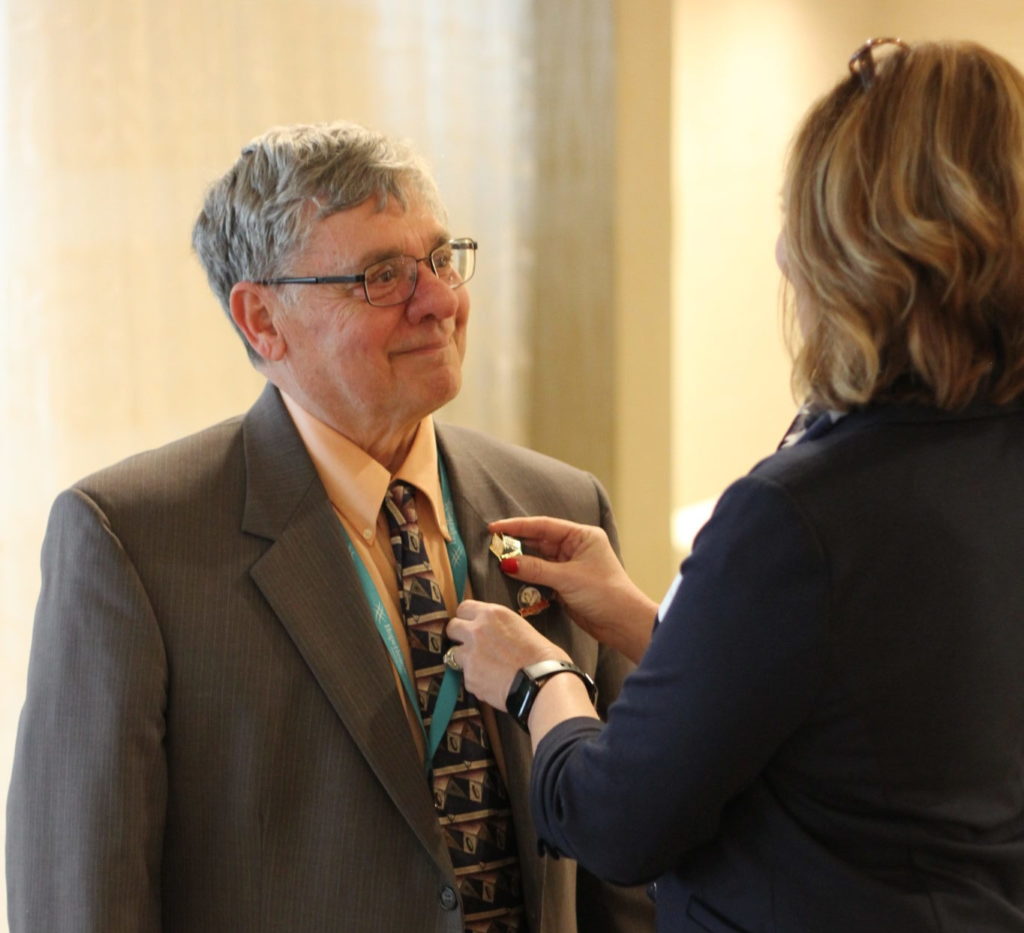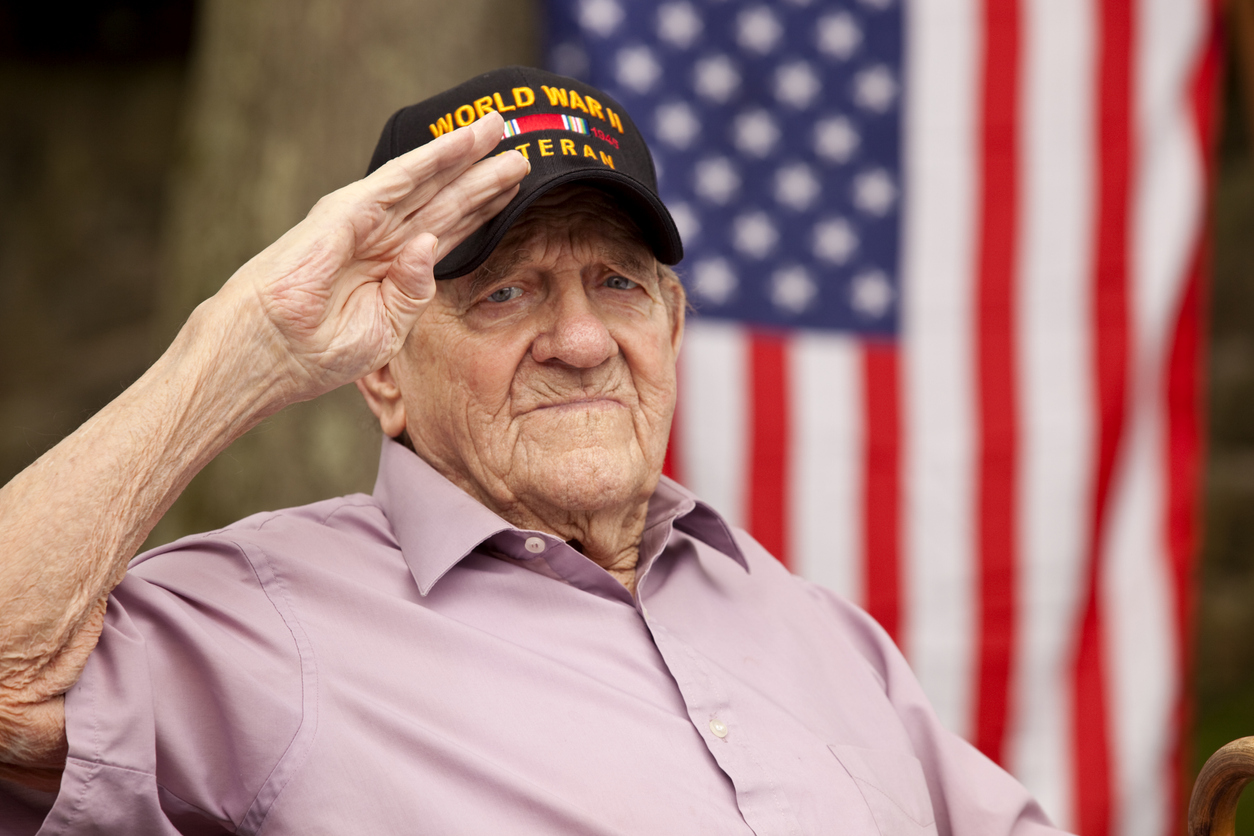Frank Hopkins of Rhode Island is a proud U.S. veteran. The former Navy medic served his country in the 1970’s before going on to a career in nursing and hospital administration.
After retiring in 2018, Hopkins joined HopeHealth as a veteran-to-veteran hospice volunteer. He felt inspired to join a hospice organization after seeing how hospice helped his uncle, Leo, in his final days.
Leo, a Navy veteran like his nephew, was onboard the aircraft carrier USS Franklin when it was bombed in 1945, killing more than 800 crew. “My uncle was able to get out and a lot of his buddies weren’t,” Hopkins says. “That’s a big burden to carry. You always question, ‘why me?’ and no one has the answer.”
While on hospice, Leo asked to meet with a veteran-to-veteran volunteer. “Having fellow veterans to talk to, who understand what you’re going through, helps you make peace with yourself and move into that next step of life as you’re dying,” Hopkins says.

The complex end-of-life needs of veterans
One in four dying Americans has served in the military, according to the National Hospice and Palliative Care Organization’s We Honor Veterans program.
Although every individual is unique, veterans as a group tend to have special end-of-life needs. Many have experienced illness, isolation or trauma as a result of their service. Some never received recognition after returning home.
HopeHealth’s hospice volunteers bring comfort to veterans through compassionate listening and a respectful acknowledgement of their service. As a level three partner of We Honor Veterans, HopeHealth also collaborates with veteran services organizations, the Department of Veterans Affairs, military hospitals and other groups to increase veterans’ awareness of hospice and palliative care.
“I love to support the veterans because of what they did for us. Now it is all about what we can do for them,” Rodrigues says.
Frank Rodrigues is another HopeHealth veteran-to-veteran volunteer and a member of HopeHealth’s We Honor Veterans committee. “I find it an honor to spend time with our patients, especially with our veteran patients,” says Rodrigues, a former Navy storekeeper.
In addition to offering companionship, Rodrigues performs Veteran Pinning Ceremonies that honor patients’ service to their country. The ceremonies are either planned ahead with invited guests or done informally at the home or bedside.
Patients receive a pin, certificate and American flag. “I can see that it brightens their eyes. It also makes a positive impact not just on the patient but also the family,” Rodrigues says.

Education is another part of volunteers’ work. Currently, Rodrigues and Hopkins are teaming up to spread the word about why veterans should consider hospice and palliative care when the time comes. They recently hosted an information table in Newport, RI, at the visit of The Moving Wall, a half-size replica of the Vietnam Veterans Memorial in Washington, D.C.
“I love to support the veterans because of what they did for us. Now it is all about what we can do for them,” Rodrigues says.


